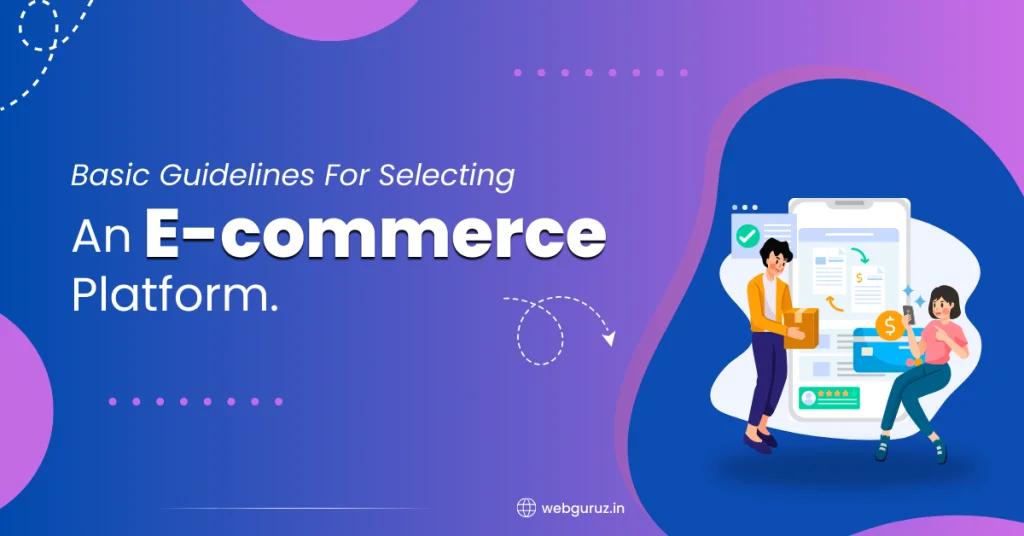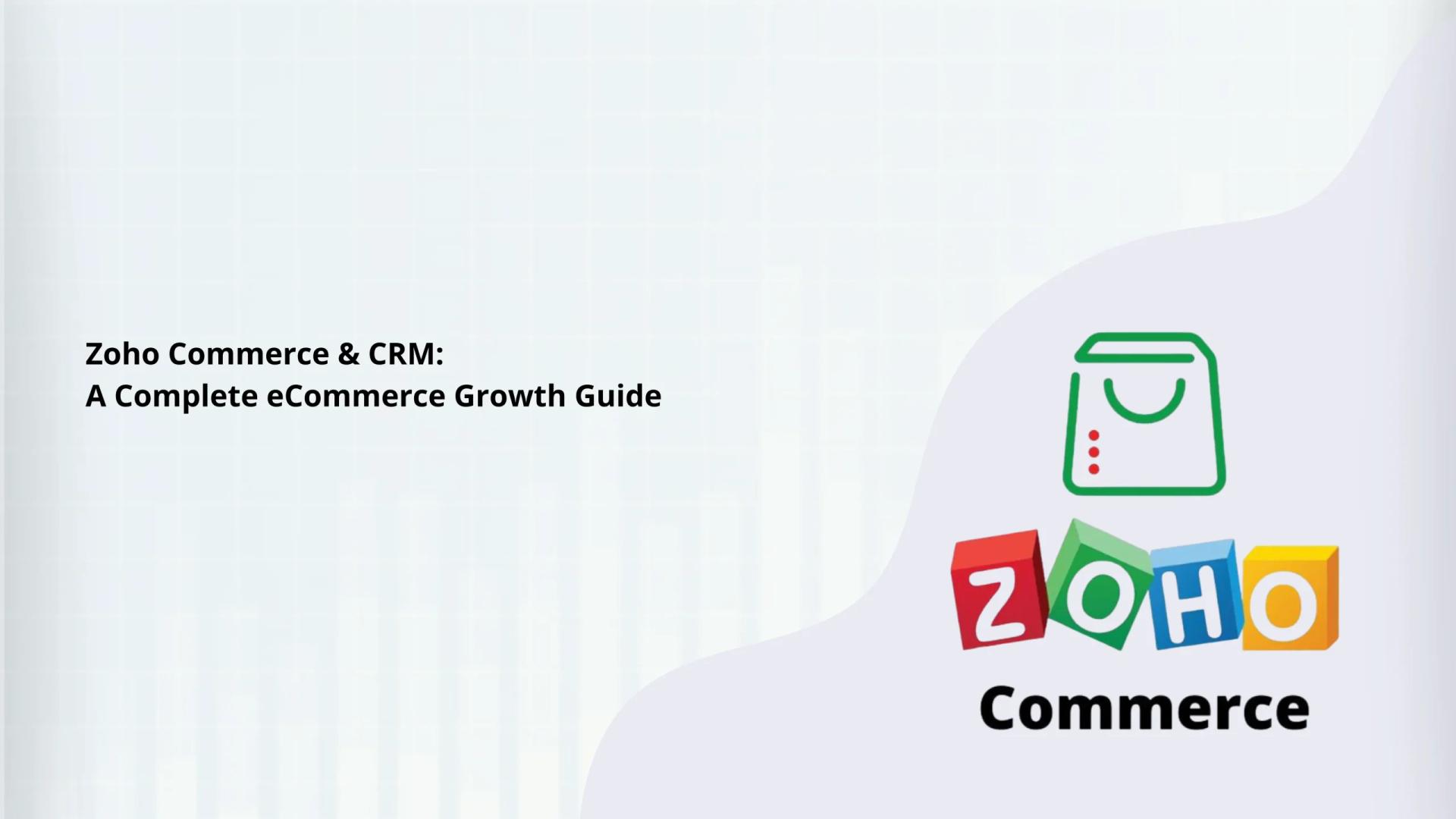Methods of trade and business have evolved over the ages. In the past decade, the emergence of e-commerce has completely revolutionized the methods of trading. It has introduced the trading of goods and services using the internet and social media. In other words, it has introduced the concept of online shopping.
Today one of the most popular start-up businesses is online trading. For starting a successful online store, an entrepreneur needs to select an appropriate e-commerce platform. With advancements in e-commerce technology, there is a rise in the number of e-commerce platforms available. This may lead to confusion in the minds of users as to which platform to select.
Size of stock: One should select a platform that can cater to the entire stock requirement at minimum cost.
Nature of product: There is a difference in shipping costs etc depending on the nature of the products. There are different platforms which are suitable for digital or physical products.
Payment Mode: The most preferred method of payment for online trading is Paypal. If a business does not prefer its usage, then probably they will opt for a third party for payment. This may limit their choice of the platform as not all platforms support third party payment.
Whether the site is Self-Hosted or Hosted:
This is another important factor. Some sites are difficult to host without the help of the provider. Hence, if a firm is looking to self-host the site in the near future, the platform should be selected where self-hosting is easy.
Payment terms:One should select a platform that fits the budget. Some providers take a monthly rental for their platform while others take a small percentage of the profits as the payment. One should select a platform according to the payment terms suitable for them.
A brief idea about some of the leading e-commerce platforms will provide a basic guideline for selection of the platform.
WooCommerce
It is an e-commerce plugin for WordPress. It enables one to maintain and manage an e-commerce store using WordPress. It is an open source plugin.
Pros of WooCommerce
- It is free.
- It is easy to use
- It can be easily customized
- It is Secure
- Scalable
Cons of WooCommerce
- WordPress frequently updates its software: WordPress frequently updates its software and plugins may not be able to adapt to these changes. This might cause Woocommerce to not function exactly as it was designed to.
- Content may not always appear to be right: When one updates the site through the visual tab, it doesn’t always flow the way as expected. This frustrates users who are not familiar with HTML. This is because text and images will not appear as desired.
- Making alterations is difficult: If the user has customized his site as per a particular theme. Any major changes in customization will require a specialist programmer. This can be both time consuming and expensive.











